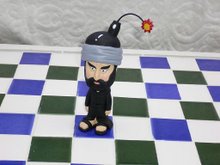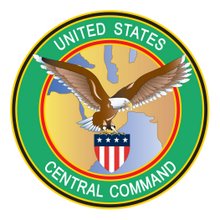
 April 26, 2007 -- WITHOUT meaning to do so, Senate Majority Leader Harry Reid has pushed the debate on Iraq in a new direction.
April 26, 2007 -- WITHOUT meaning to do so, Senate Majority Leader Harry Reid has pushed the debate on Iraq in a new direction.
Reid claims that the war is lost and that the United States has already been defeated.
By advancing the claim, Reid has moved the debate away from the initial antiwar obsession with the legal and diplomatic controversies that preceded it.
At the same time, Reid has parted ways with Democratic leaders such as Sen. Hillary Clinton, who supported the war but who now claims that its conduct has been disastrous. What they mean, by implication, is that a Democratic president would do better than George W. Bush and win the war.
Reid's new position, however, means that even a Democratic president wouldn't be able to ensure a U.S. victory in Iraq. For him, Iraq is irretrievably lost.
Some antiwar analysts have praised Reid for what they term "his clarity of perception." A closer examination, however, would show that Reid might have added to the confusion that has plagued his party over the issue from the start.
Because all wars have winners and losers, Reid, having identified America as the loser, is required to name the winner. This Reid cannot do.
The reason is that, whichever way one looks at the situation, America and its Iraqi allies remain the only objective victors in this war.
Reid cannot name al Qaeda as the winner, because the terror organization has failed to achieve any of its objectives. It hasn't been able to halt the process of democratization, marked by a string of elections, and it has failed to destroy the still fragile institutions created in the post-Saddam era. Al Qaeda is also suffering from increasing failure to attract new recruits, while coming under pressure from Iraqi Sunni Arab tribes, especially west of the Euphrates.






No comments:
Post a Comment